Retinol, widely known for its anti-aging benefits, has also gained attention as a powerful solution for acne. Originally derived from Vitamin A, retinol's popularity in skincare routines is largely due to its effectiveness in reducing fine lines, boosting collagen production, and treating acne. This article explores how retinol targets acne, how to incorporate it into your routine, and why it’s often referred to as a retinol anti aging serum.
What Makes Retinol Effective for Acne?
Retinol works on acne at the cellular level. When applied, it promotes skin cell turnover, which helps prevent clogged pores—a common cause of acne. By shedding dead skin cells and reducing oil production, retinol minimizes the risk of whiteheads and blackheads, giving your skin a smoother, healthier appearance.
Key benefits of using retinol for acne:
- Unclogs pores: Retinol helps prevent pores from becoming blocked, which reduces breakouts.
- Controls oil production: By balancing sebum levels, retinol reduces excess oil, a frequent trigger for acne.
- Reduces inflammation: Retinol has anti-inflammatory properties that soothe acne-prone skin and minimize redness.
Step-by-Step Guide to Using Retinol for Acne
Retinol can be highly effective, but it is crucial to avoid potential irritation. Here’s a step-by-step guide:
- Start with a Low Concentration Begin with a low concentration of retinol (0.25% to 0.5%) to allow your skin to adapt. Higher concentrations can cause dryness and irritation, especially for beginners.
- Apply at Night Retinol is sensitive to sunlight, which can diminish its effectiveness. Apply it at night, allowing it to work without UV exposure.
- Use a Pea-Sized Amount A small, pea-sized amount is sufficient for the entire face. Applying more doesn’t enhance results and may increase irritation.
- Avoid Sensitive Areas Apply retinol carefully, avoiding sensitive areas such as the corners of the eyes, nostrils, and mouth, as these can irritate.
- Follow with a Moisturizer Retinol can be drying, so follow up with a gentle moisturizer to help your skin retain moisture and reduce the risk of flakiness.
- Introduce Gradually Start using retinol twice a week and gradually increase usage based on your skin's tolerance. Overuse can lead to dryness or peeling, so patience is key.
Conclusion
Retinol is a powerful ingredient that not only helps combat acne but also provides anti-aging benefits. When used correctly, it can significantly improve skin texture, minimize breakouts, and keep skin looking youthful. However, it’s essential to introduce retinol gradually and pair it with other gentle skincare products to avoid irritation. If you’re interested in both acne reduction and anti-aging, retinol anti-aging serums offer an all-in-one solution, making it a valuable addition to your skincare routine.


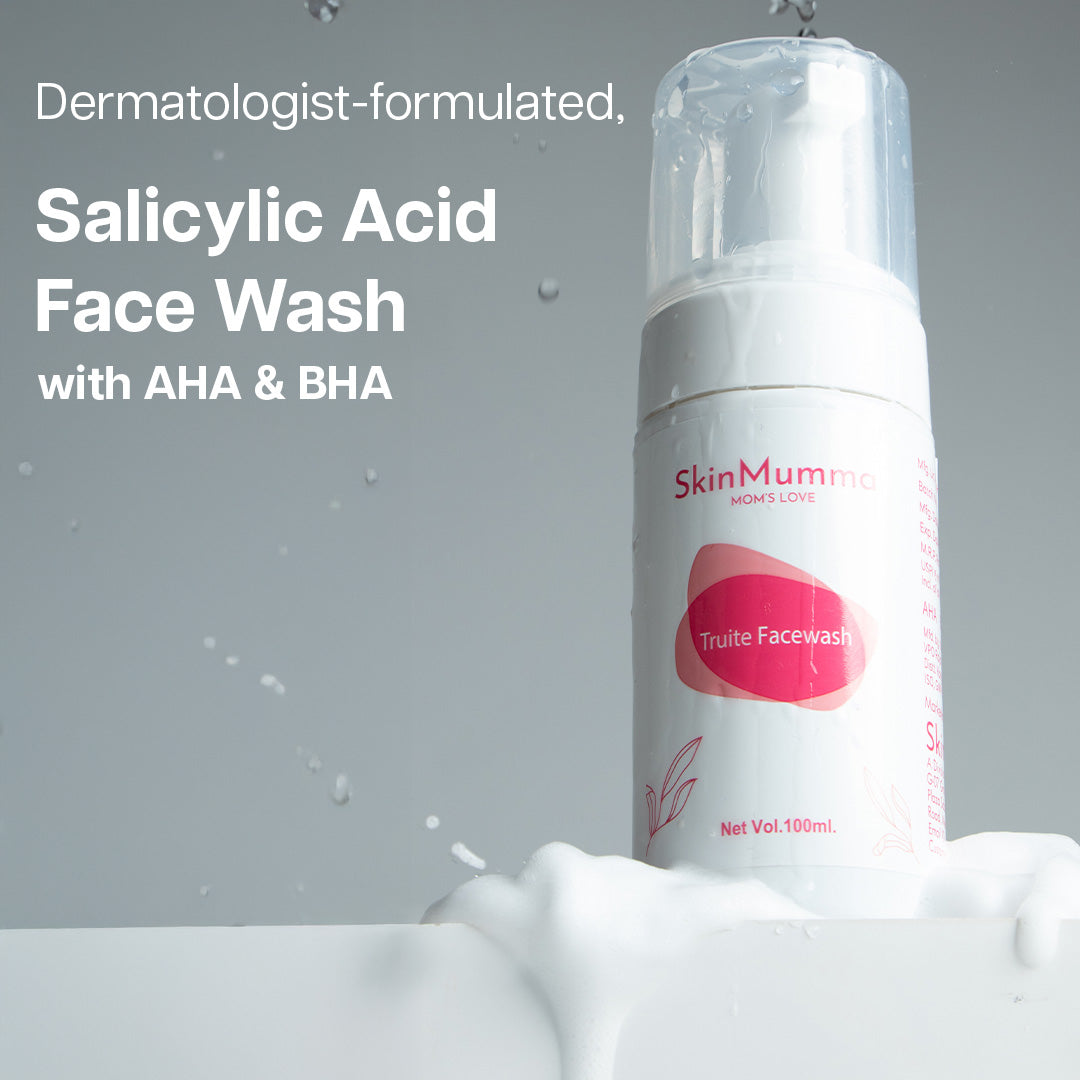
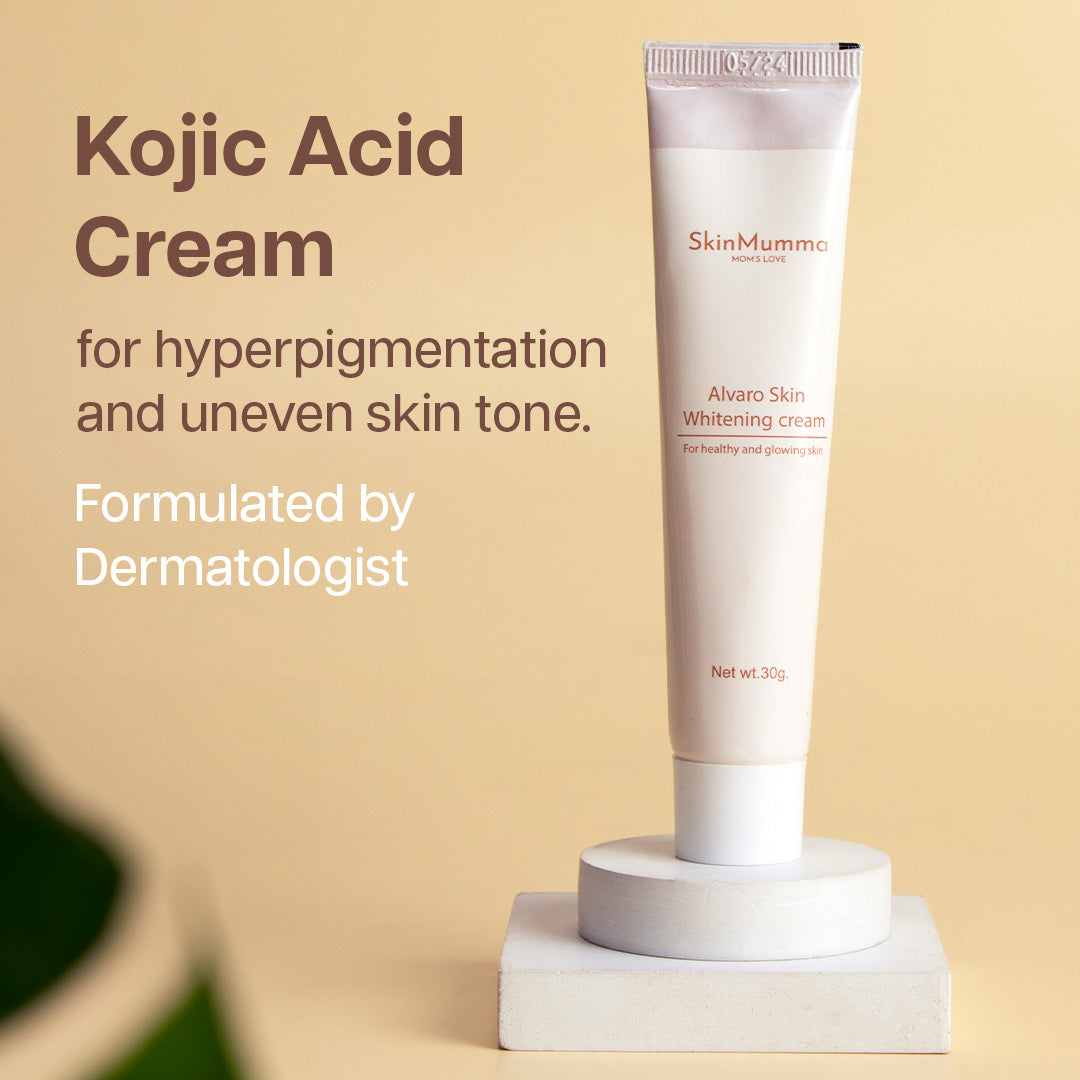
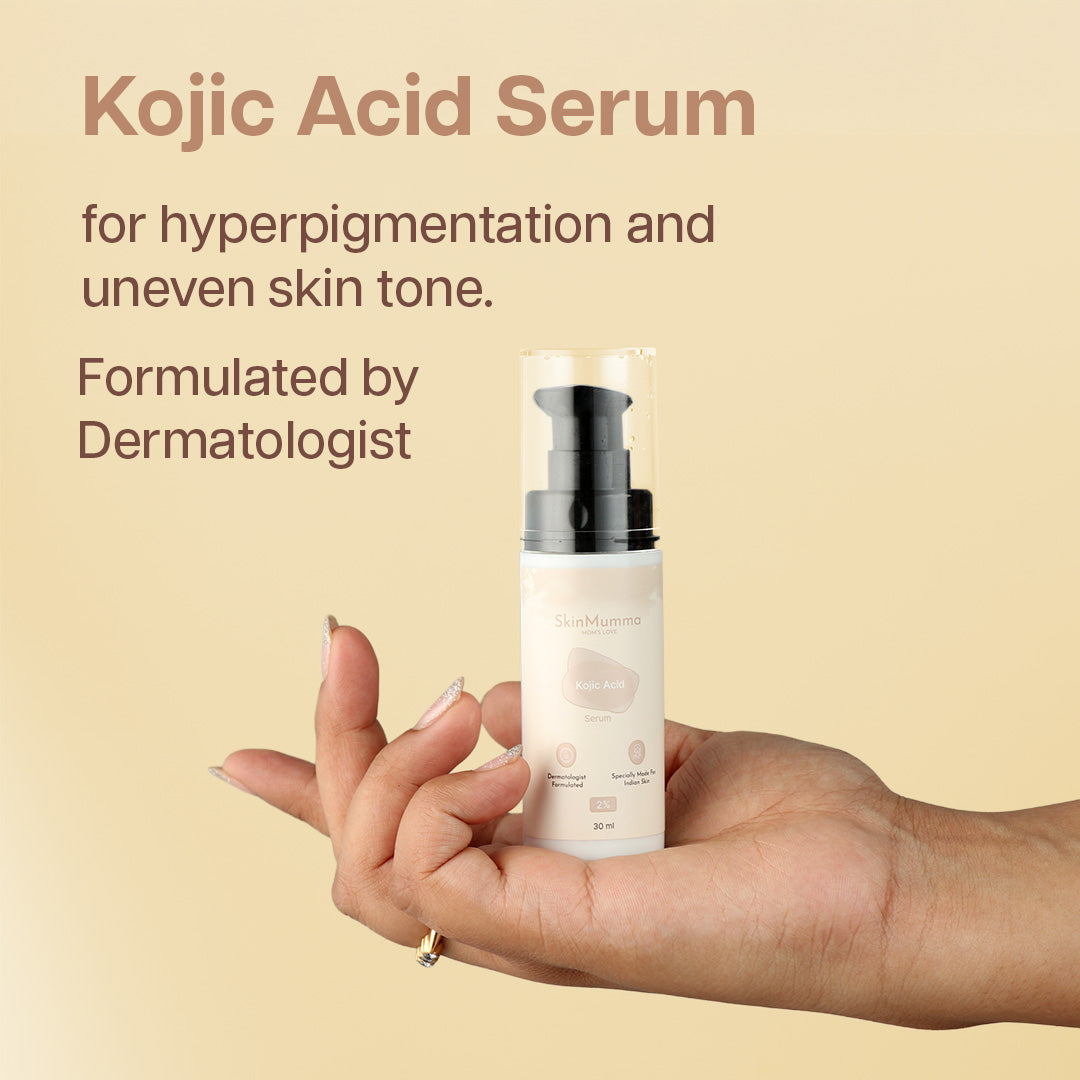
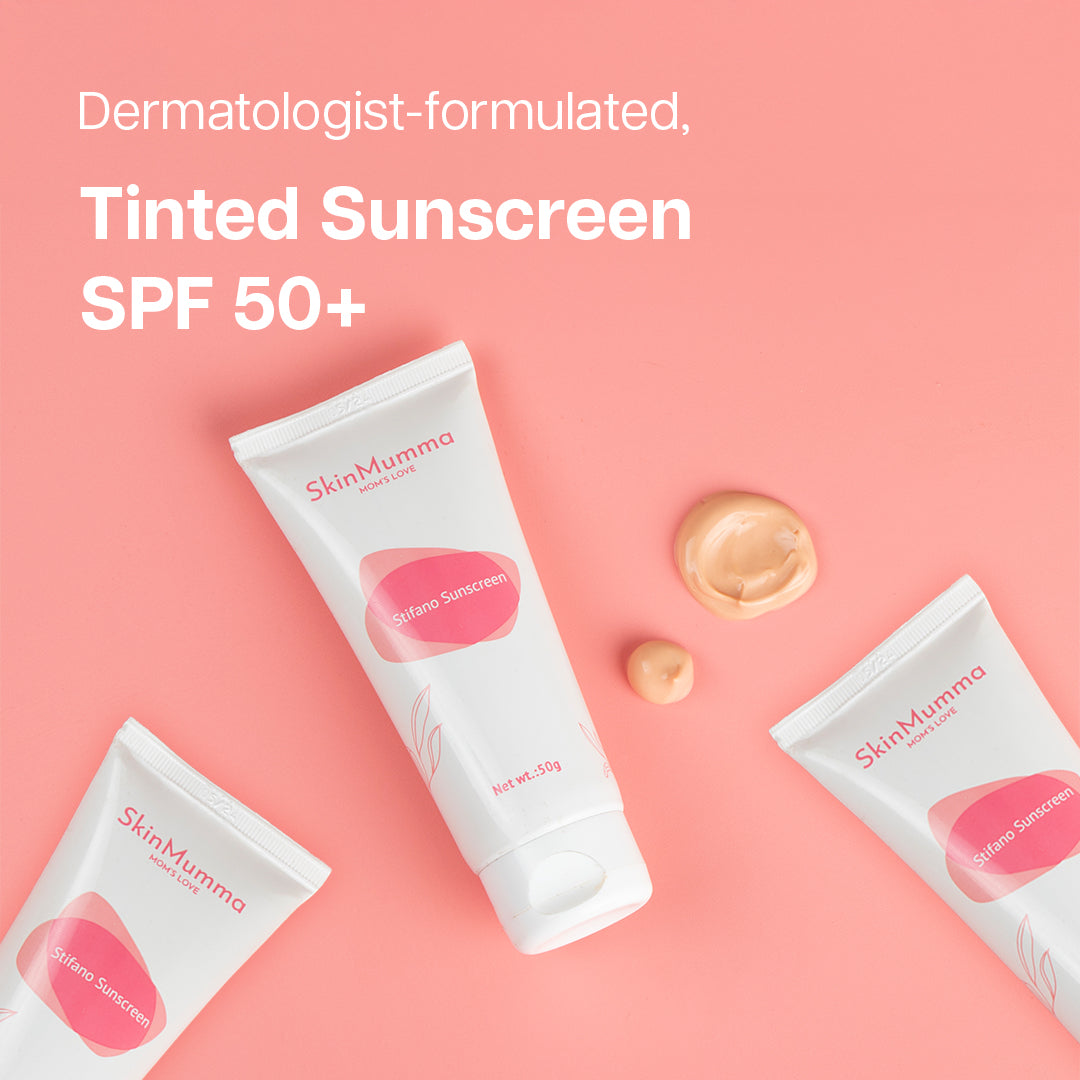
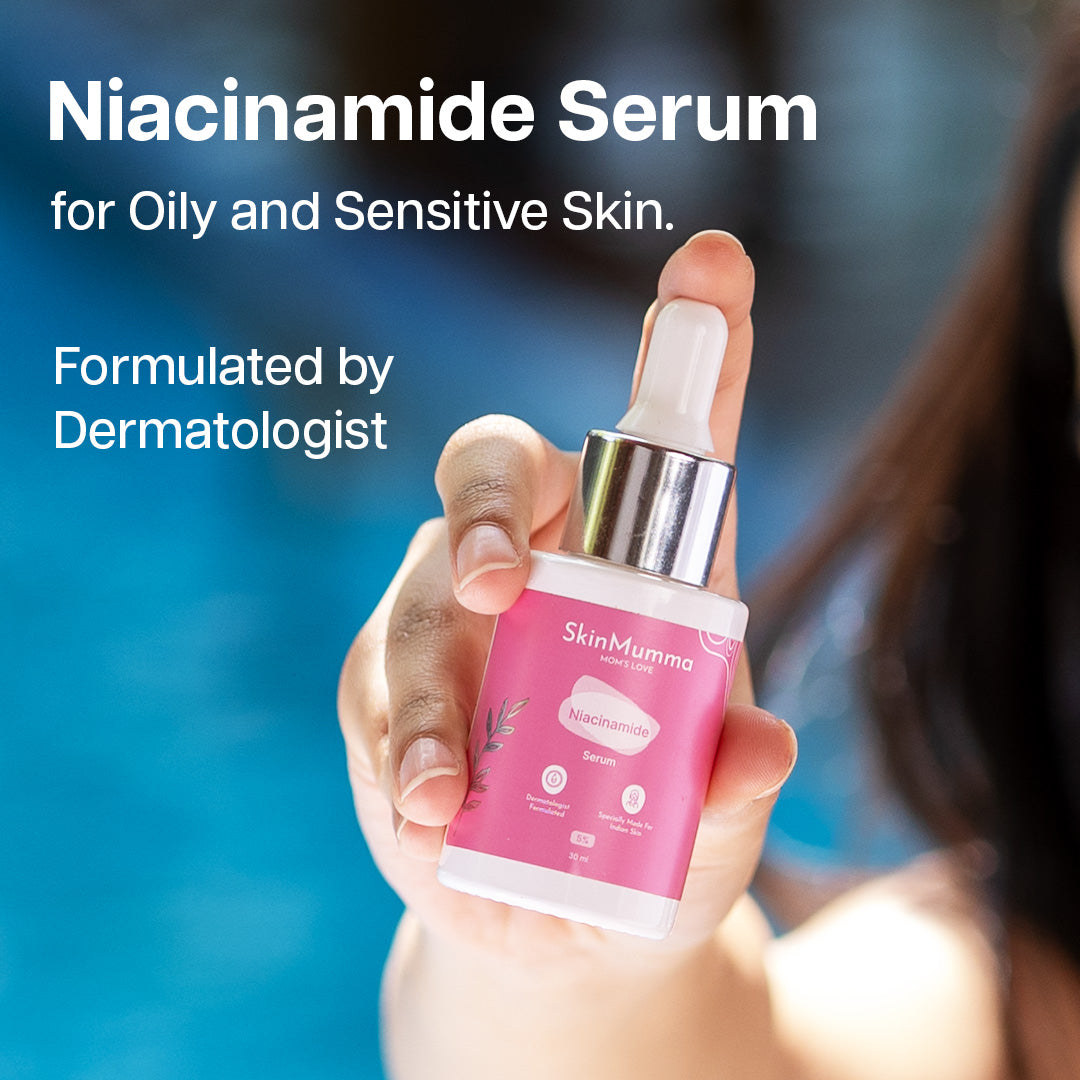
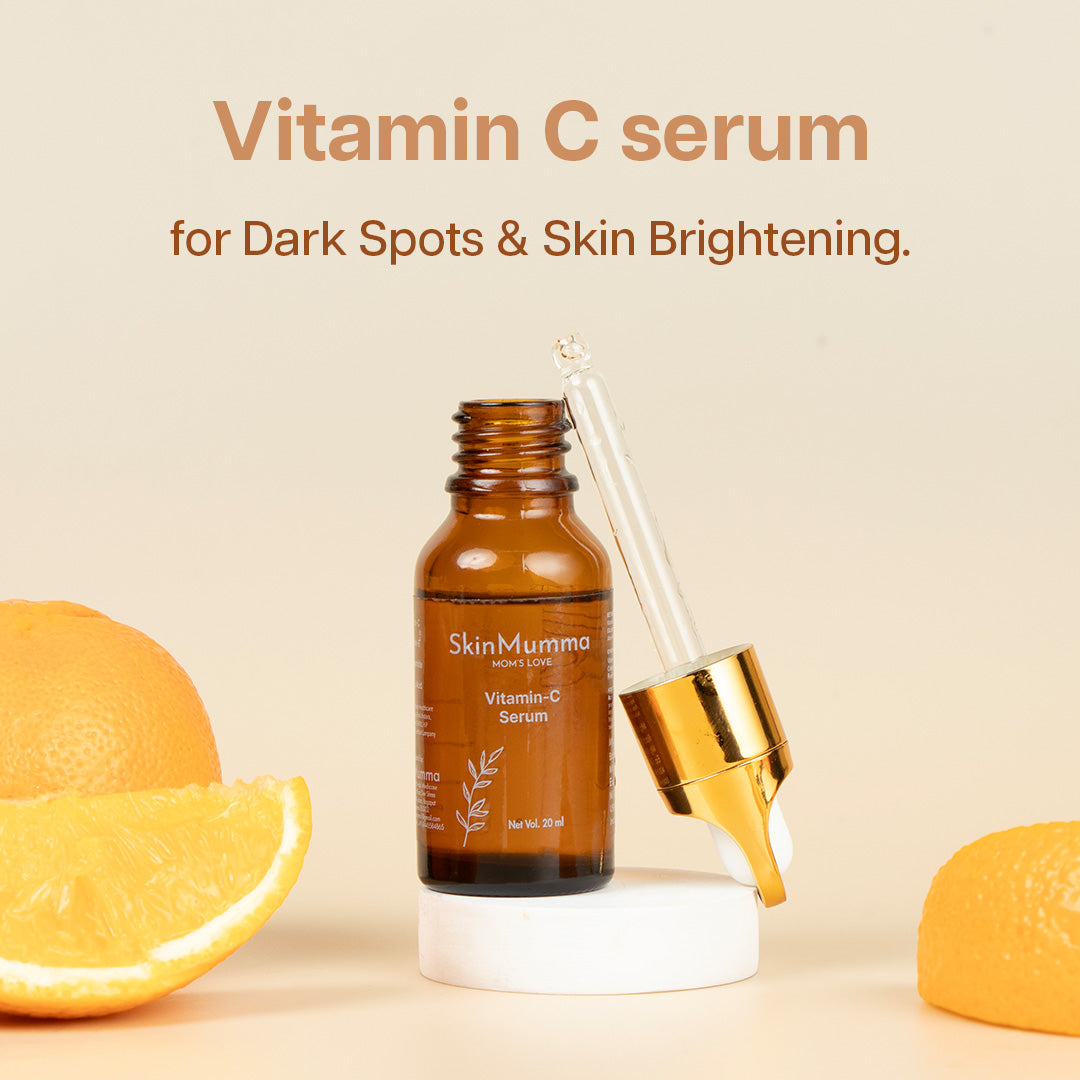




Dr Manisha Bindal is the senior dermatologist and laser skin expert with more than 25 yrs of experience in clinical practice. She has to her credit various advanced skin care procedures and Laser skin treatment protocols including chemical peels, fillers, threads and injections. You can trust the expert hands for any skin or hair related problems or any procedure if need be.